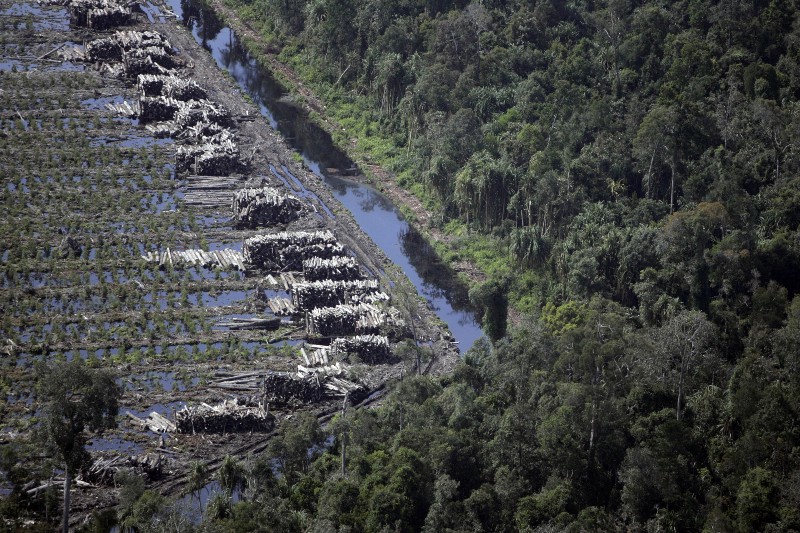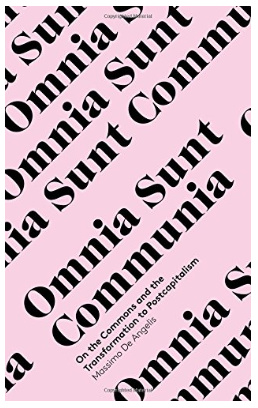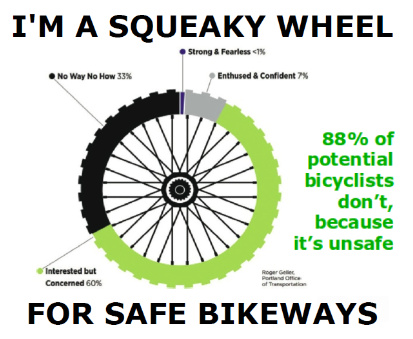
Forests – the Best Carbon Sink Available: Let’s Keep it That Way
Acacia logs, Sumatra island, Indonesia
The world’s forests hold 50% more carbon than the atmosphere. According to estimates by the UN Food and Agriculture Organization, the net loss of forests releases around 1.2 billion metric tons of this carbon to the atmosphere each year, or about 15% of total annual man-made emissions. More importantly, as trees grow, they breath in carbon from the atmosphere to photosynthetically make their cells. Absorption of CO2 is a key ecological service of forests that cannot be done as effectively or cheaply by carbon capture technologies like deep geological injection of CO2, or in the form of mineral carbonates. Considering that the atmosphere is now at 410 parts per million of CO2, humans must not just reduce our emissions, but we must remove CO2 from the atmosphere. Forests do that, without any effort by humans.
But not only are humans making climate disruption worse through deforestation, we’re shooting ourselves in the collective foot by killing our best ally for fighting climate disruption. A progressively hotter and dryer climate is weakening forests by drought and disease and fires. In turn, the forest loss is driving climate disruption to further extremes. Huge sectors of the Amazon rainforest suffered drought die-off in 2005 and 2010, a highly unusual sequence of events. As the world’s largest forest, the Amazon forest growth absorbs more than 25% of total CO2 annual absorption by plants. But scientists are projecting a possible 85% shrinkage of the Amazon forest. if the Amazon switches from a carbon sink to a carbon source that prompts further droughts and mass tree deaths, such a feedback loop could cause runaway climate change – We’re Cutting Down One Of Our Best Defenses Against Global Warming. Similar phenomena are happening elsewhere – Global warming increasing tree deaths in western US, scientists warns. The prime example of a triple handicap is the Canadian tar sands mining, which not only have destroyed more than 2 million acres of boreal forests, releasing all the carbon in the wood and eliminating the trees’ CO2 capture, but also is pumping 1.3 billion tons more CO2 into the atmosphere than would the same amount of conventional oil, according to 2015 EPA testimony. Canada’s boreal forest is 54% of world’s total, and boreal forests capture and store twice as much carbon dioxide as tropical forests.
The two essential steps that must be done are to stop destroying the forests, and to plant more trees. Some progress is being made on the deforestation front. According to the Union of Concerned Scientists, deforestation has declined since 2005, based on several different sources of data. But there can be considerable fluctuation from year to year, depending on climate shifts and market pressures. We can hope the trend continues. People can act individually or by organizing groups to plant more trees. In Kansas City MO, the Parks & Recreation Department is partnering with the Heartland Tree Alliance to provide free trees to property owners, plant it along the street, and ask only that you water it for the first two years. Sign up for the program at – Free Trees for KCMO – Heartland Tree Alliance. Other places to get trees for cheap are – Missouri Department of Conservation: tree seedlings, Kansas Forest Service Trees, and Arbor Day Tree Nursery.


